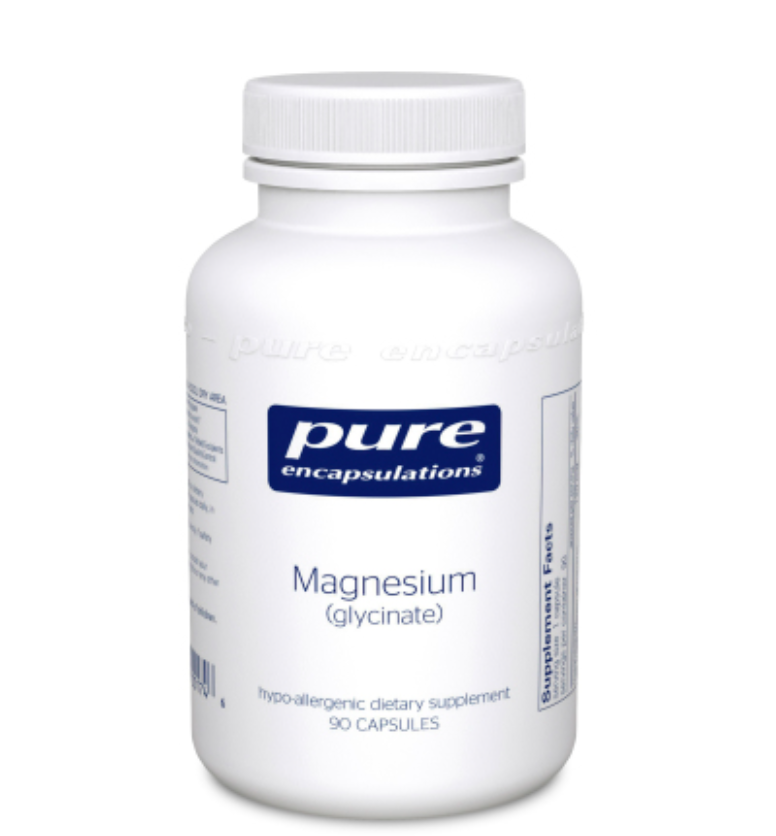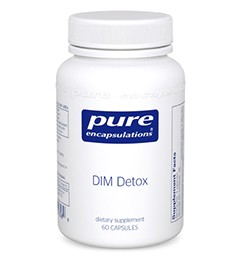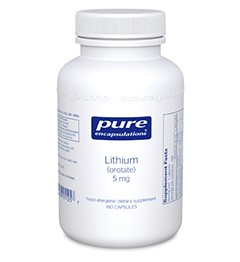Product Description
Magnesium Glycinate
Magnesium Glycinate – Highly Bioavailable Magnesium Chelate For Sensitive Individuals, for Overall Health
Less likely to Cause Loose Stools Than Other Forms of Magnesium
Supports Metabolism of Carbohydrates, Amino Acids and Fats
Magnesium helps activate enzymes for physiological functions including cardiac health, neuromuscular contractions, and the regulation of the acid-alkaline balance in the body. Magnesium supports the metabolism and utilization of carbohydrates, amino acids and fats for energy.
Magnesium glycinate is a highly bioavailable form of magnesium (magnesium chelate) which is less likely to cause loose stools than other forms of magnesium.
Magnesium is involved with the utilization of calcium, phosphorus, sodium, and potassium. This vital mineral also helps utilize some vitamins, including vitamin B6, vitamin C, and vitamin E.
Magnesium (Mg) is a mineral that activates (catalyzes) hundreds of enzymes necessary for most chemical reactions in the body. Magnesium is present in every tissue in our bodies.
Magnesium is essential throughout the body for:
Electrical activity, neuromuscular contractions, cardiac function (heart rhythm), transmitting nerve signals, metabolism, producing and transporting energy, synthesizing proteins, utilizing nutrients, regulating acid-alkaline balance (bone health), and smooth and skeletal muscle contraction and relaxation.
Taking Magnesium at Bedtime
Magnesium is a relaxing mineral and many people find that it supports their sleep. It can also help with general muscle tension, leg cramps, and restless legs.
Groups at Risk of Magnesium Inadequacy – According to NIH
“Magnesium inadequacy can occur when intakes fall below the RDA but are above the amount required to prevent overt deficiency. The following groups are more likely than others to be at risk of magnesium inadequacy because they typically consume insufficient amounts or they have medical conditions (or take medications) that reduce magnesium absorption from the gut or increase losses from the body.
People with gastrointestinal diseases
The chronic diarrhea and fat malabsorption resulting from Crohn’s disease, gluten-sensitive enteropathy (celiac disease), and regional enteritis can lead to magnesium depletion over time. Resection or bypass of the small intestine, especially the ileum, typically leads to malabsorption and magnesium loss.People with type 2 diabetes
Magnesium deficits and increased urinary magnesium excretion can occur in people with insulin resistance and/or type 2 diabetes. The magnesium loss appears to be secondary to higher concentrations of glucose in the kidney that increase urine output.People with alcohol dependence
Magnesium deficiency is common in people with chronic alcoholism. In these individuals, poor dietary intake and nutritional status; gastrointestinal problems, including vomiting, diarrhea, and steatorrhea (fatty stools) resulting from pancreatitis; renal dysfunction with excess excretion of magnesium into the urine; phosphate depletion; vitamin D deficiency; acute alcoholic ketoacidosis; and hyperaldosteronism secondary to liver disease can all contribute to decreased magnesium status.Older adults
Older adults have lower dietary intakes of magnesium than younger adults. In addition, magnesium absorption from the gut decreases and renal magnesium excretion increases with age. Older adults are also more likely to have chronic diseases or take medications that alter magnesium status, which can increase their risk of magnesium depletion.”
— from NIH Office of Dietary Supplements.
(Click for Full Magnesium Fact Sheet from NIH)
Everything You Want to Know About Magnesium
If you’d like to learn more about of magnesium and the scientific literature behind it, I recommend The Magnesium Miracle, by Carolyn Dean, MD, ND.
Made in the US by Pure Encapsulations, Sudbury, MA.









